Sagan rues missed opportunity at Milan-San Remo
Script torn up on dramatic day
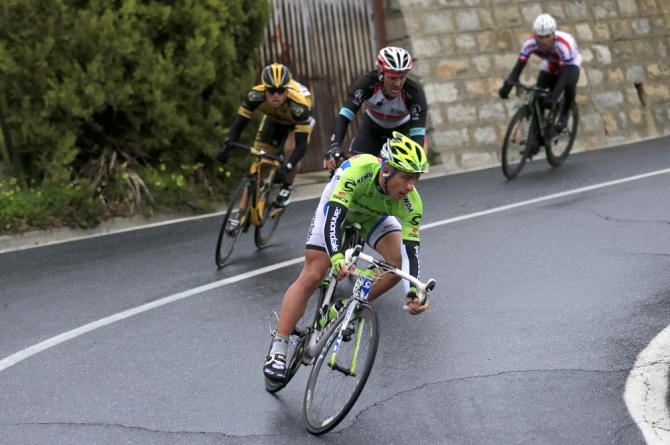
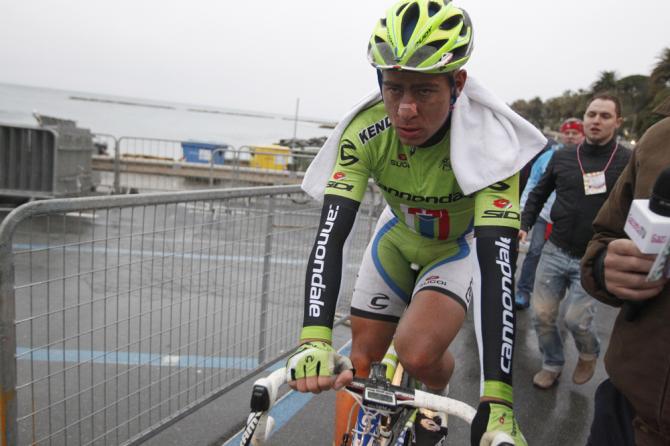
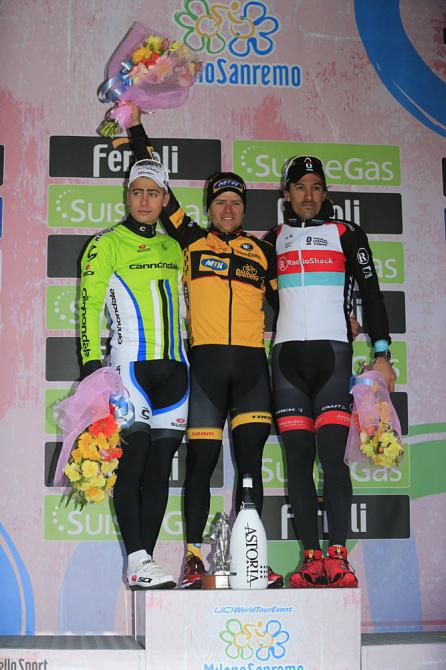
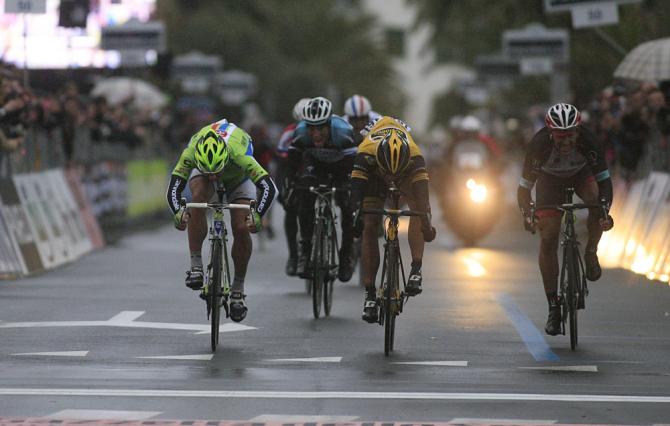
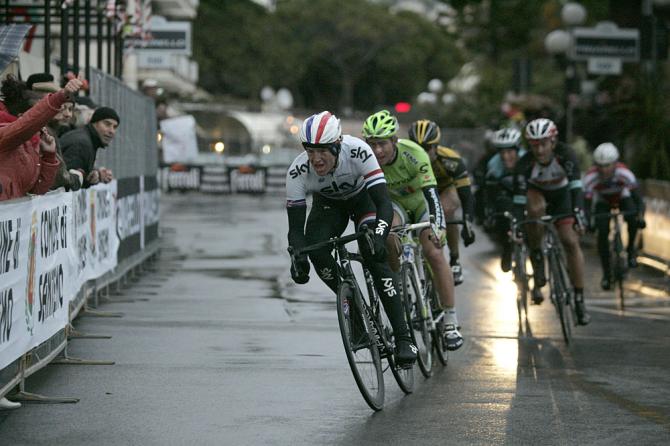
When Peter Sagan launched his sprint on the Lungomare Italo Calvino, it seemed as if Milan-San Remo was finally returning to the pre-determined script after a day of snow-enforced ad-libbing.
Beyond the line, the Cannondale entourage certainly thought so as they watched the finale on a television monitor, their staccato cries of "Vai, vai, vai!" growing in intensity as the pre-race favourite powered to the front. But this most curious edition of La Classicissima had one more plot twist, and their cheers turned to a guttural howl of despair as Gerald Ciolek (MTN-Qhubeka) came past the Slovak and claimed a shock victory in La Classicissima.
It wasn't supposed to end like this, at least not according to the bookmakers, who had installed Sagan as the most overwhelming favourite for victory in the race's recent history. Sagan, too, seemed surprised as he crossed the line, shaking his head in a mix of disbelief and disappointment.
In the mixed zone afterwards, Sagan took little solace from being reminded that at 23 years of age, time is very much on his side as he bids to open his Classics account. "I'm getting better, yes, but I'm pretty upset to throw away a Milan-San Remo like that," he said ruefully.
On the eve of the race, much emphasis had been placed on the burgeoning rivalry between Sagan and Fabian Cancellara (RadioShack Leopard), and the pair looked to match each other pedal stroke for pedal stroke in the finale. When Cancellara attacked on the way up the Poggio, Sagan was promptly across to his wheel, and the Swiss rider returned the favour when Sagan accelerated over the other side.
As the six-man leading group careered through the sodden streets of San Remo in the finale, Sagan was focused primarily on Cancellara and Sylvain Chavanel (Omega Pharma-QuickStep) and he admitted that he had under-estimated Ciolek's finishing kick.
"I under-evaluated him a little bit. I was watching Cancellara, who was trying to break free, and maybe I did too much work," Sagan said. "Ciolek stayed in the wheels and he took my wheel to do the sprint and was able to beat me. I went too early in the sprint and I left it on a plate for Ciolek."
Get The Leadout Newsletter
The latest race content, interviews, features, reviews and expert buying guides, direct to your inbox!
Sagan's tactical approach at last year's spring classics was neither fish nor fowl, as he joined in the attacking at Gent-Wevelgem and Amstel Gold Race, but then left himself short-changed for the sprint. On this occasion, however, he perhaps had little option but to take the situation in hand himself over the top of the Poggio, as Sylvain Chavanel (Omega Pharma-QuickStep) and Ian Stannard (Sky) dangled dangerously off the front.
"We weren't afraid, but they were strong riders to have in front so we had to keep an eye on them to stay in touch," he said. "No other riders were pulling, so Moreno [Moser] did a lot. We pulled, and then the attacking started at the top of the Poggio and we were right behind them on the descent."
Sagan was stoical in his response to the chaotic scenes that saw the riders board their team buses for over two hours after the race was neutralised, and two climbs and 50km removed from the course because the snowy conditions.
"The race was falsified compared to what we expected beforehand, but I don't think the organisers had any other choice because of the extreme weather and it was the same for everyone," shrugged Sagan, who has little time to dwell on his disappointment. The cobblestones of the north await. "This was the first big race where I wanted to do well and I was there at the front, so now I can go on and think of the races in Belgium."

Barry Ryan was Head of Features at Cyclingnews. He has covered professional cycling since 2010, reporting from the Tour de France, Giro d’Italia and events from Argentina to Japan. His writing has appeared in The Independent, Procycling and Cycling Plus. He is the author of The Ascent: Sean Kelly, Stephen Roche and the Rise of Irish Cycling’s Golden Generation, published by Gill Books.